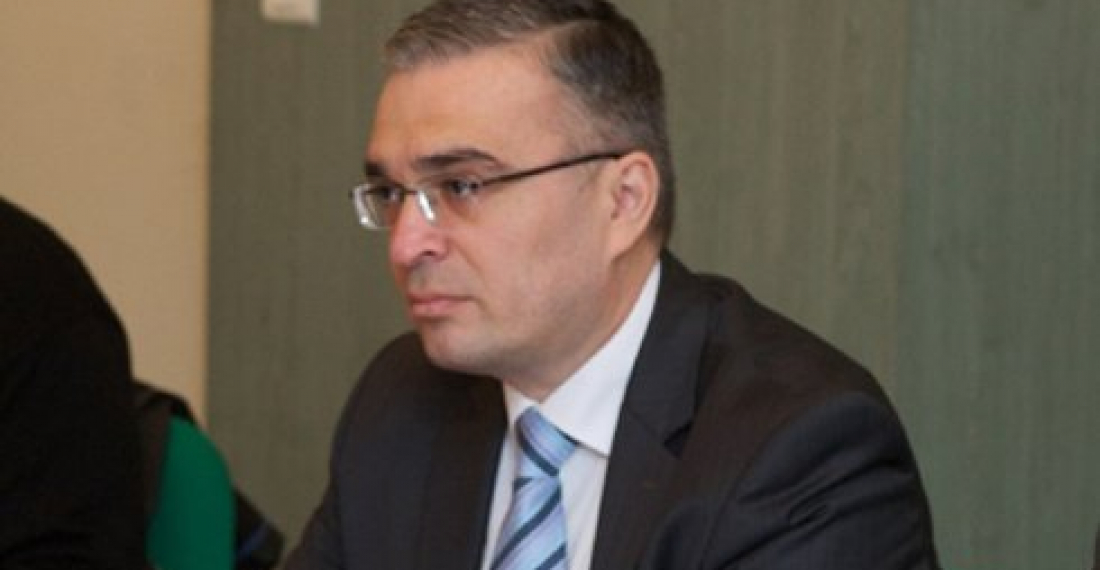The Committee of Ministers of the 47-nation Council of Europe has formally notified Azerbaijan of its intention to launch legal action related to the implementation of the Ilgar Mammadov v. Azerbaijan judgment from the European Court of Human Rights.
The court ruled in May 2014 that the arrest and extended detention of Mr Mammadov, an opposition politician, was in violation of several articles of the European Convention on Human Rights. The court found, in particular, that the actual purpose of his prosecution and detention was to silence or punish him for criticising the government, in violation of Article 18 of the convention. To date the court has found a violation of Article 18 in only five judgments and in all of these cases, except Ilgar Mammadov v. Azerbaijan, the applicants were released.
However, more than three years later, Mr Mammadov remains in prison.
The Committee of Ministers decided today, for the first time, to launch a procedure introduced in 2010 according to which a case can be referred back to the European Court of Human Rights to decide whether its non-implementation is a further violation of the convention.
In today's Interim Resolution, the committee gave Azerbaijan until 29 November to submit its view in writing. Unless the judgment is implemented in the meantime, a further Interim Resolution sending the case back to the European Court of Human Rights will be presented to the Committee of Ministers on 5 December.
Council of Europe member states are obliged to implement judgments from the European Court of Human Rights under Article 46 of the human rights convention. The Committee of Ministers is responsible for overseeing the implementation of judgments from the court.
source: commonspace.eu with the Council of Europe press service
photo: Ilgar Mammadov (archive picture)







